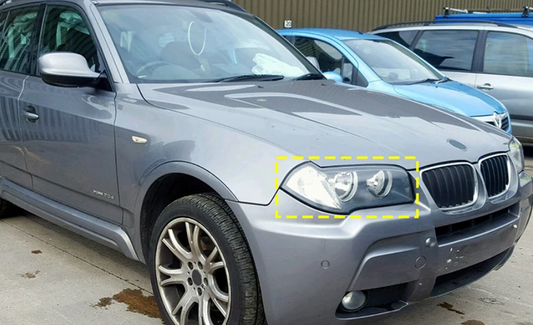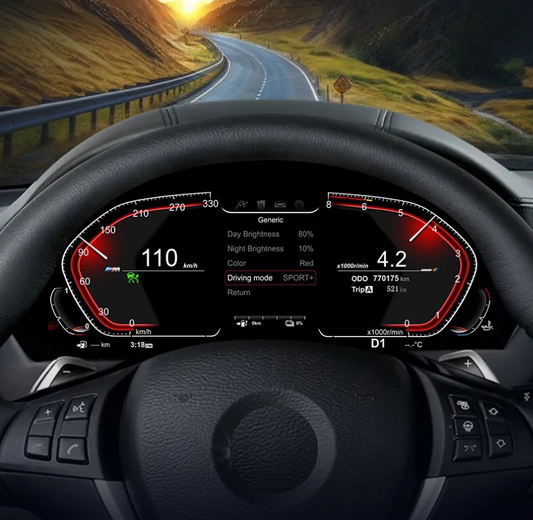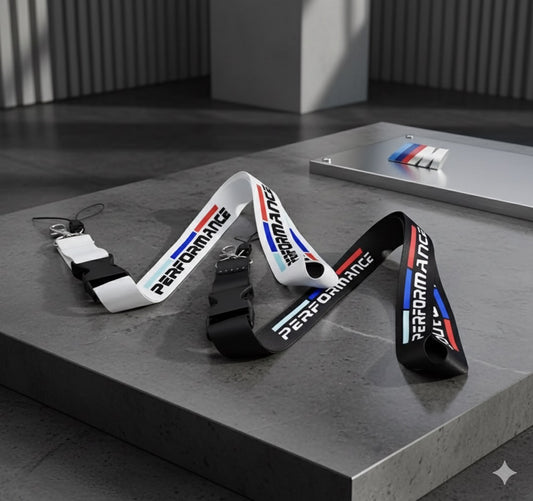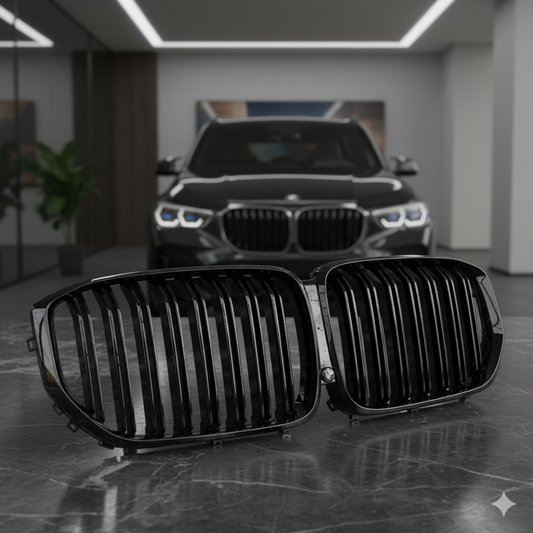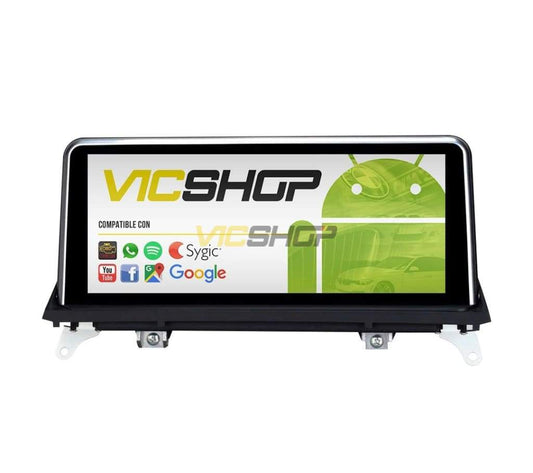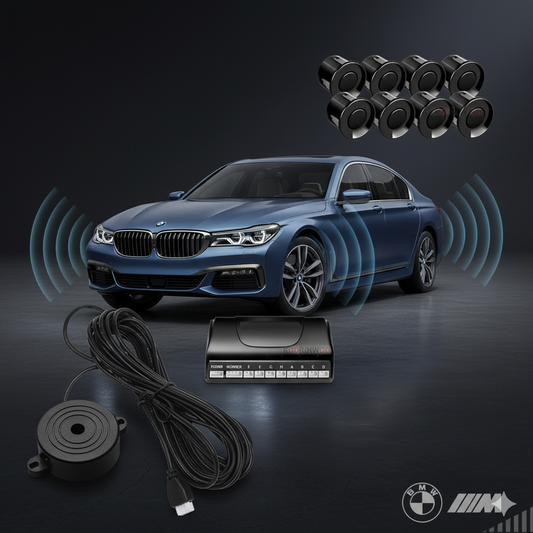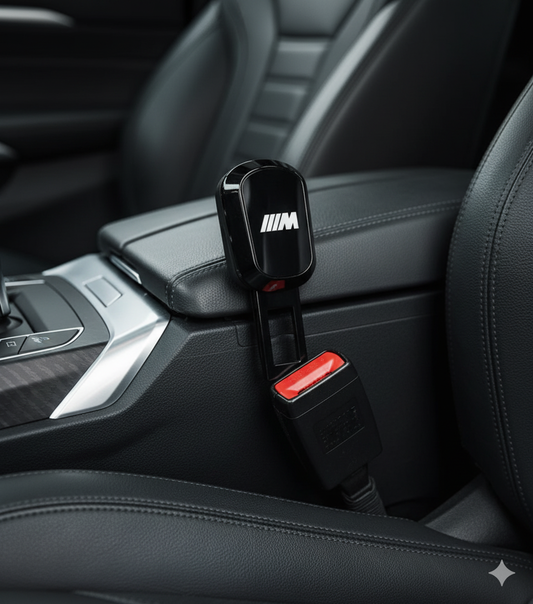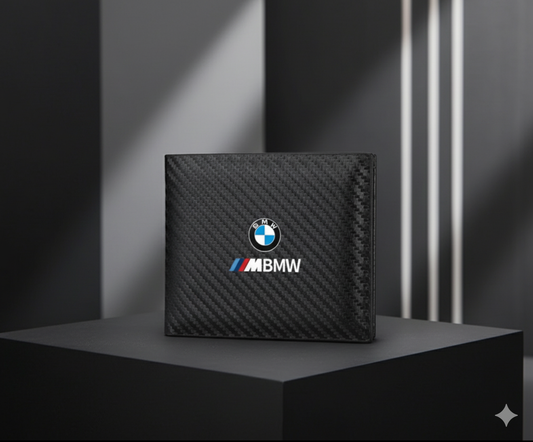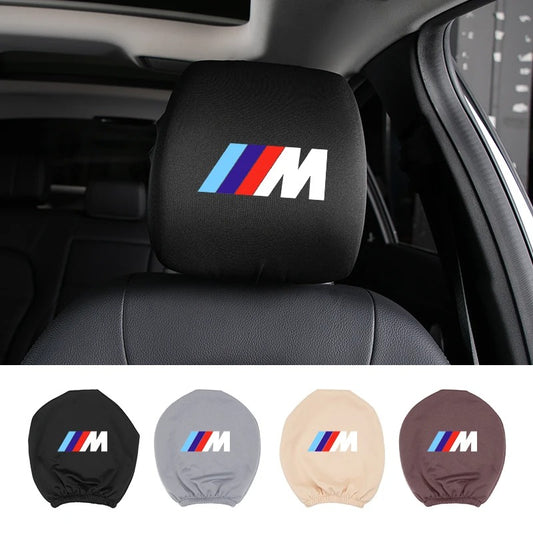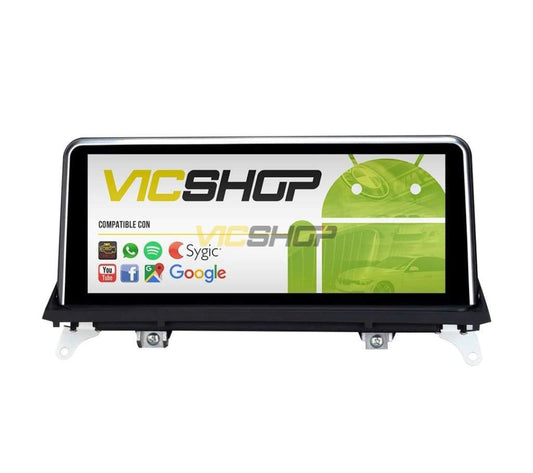
Power and Performance: How to Choose the Ideal Tires for Your BMW
How to Increase the Useful Life of your BMW
Introduction
When it comes to maintaining the optimal performance of your BMW, the tires they play a crucial role. Not only are they essential for safe driving, but they also affect fuel consumption and driving comfort. In this article, we'll explore how to choose the ideal tires for your BMW, ensuring your car not only looks good, but also performs at its best. In addition, we will provide you with practical advice on proper tire maintenance to maximize their useful life and, therefore, that of your vehicle. With a proper approach to tire care and selection, you can enjoy a safer and more efficient driving experience.
Importance of Tires in the Performance of a BMW
Tires are the only point of contact between your BMW and the asphalt. All of your vehicle's advanced software and hardware systems work together to ensure your tires maintain perfect traction. A good set of tires can significantly improve the braking capacity and the stability, especially during adverse conditions. In addition, the right tires can optimize fuel consumption, which is not only beneficial for your pocket, but also for the environment. Choosing the right tires can make a difference in critical situations, such as emergency braking or evasive maneuvers.
What Characteristics Should You Look For?
- Load and Speed Index: It is crucial to select tires that can support the weight of your BMW without compromising performance, especially at high speeds. This index ensures that the tires do not suffer deformations that could affect safety. Additionally, choosing a suitable index can contribute to more stable and safer driving, especially on long trips or at high speeds.
- Traction Type: Tires must offer exceptional grip on different types of surfaces, whether rain, snow or dry. This is vital to maintain control of the vehicle in any weather condition. Proper traction can also improve the efficiency of the braking system, reducing stopping distance in emergency situations.
- Durability: Investing in quality tires can offer longer life and better long-term performance. Durable tires also mean fewer replacements and therefore fewer expenses over time. Durability means fewer changes, which in turn reduces the environmental impact associated with tire production and disposal.
- Wear Resistance: A good tire should have wear resistance that allows prolonged use without compromising safety. Wear resistance is especially important in hot climates, where hot asphalt can accelerate tire deterioration.
- Noise: Consider the level of noise generated by the tires, as quiet tires can improve the driving experience. Lower rolling noise not only increases comfort, but also reduces driver fatigue on long journeys.
Types of Tires for BMW
There are different types of tires suitable for driving behavior specific. Here we break down the most popular ones:
Summer Tires
Ideal for hot climates, they offer great grip on dry and wet roads. However, its performance decreases in cold climates. These tires are designed with rubber compounds that provide excellent traction and stability at high temperatures. However, it is important to remember that they are not suitable for icy or snowy conditions as they can harden and lose grip. It is advisable to change them before the arrival of winter to avoid unpleasant surprises on the road. Additionally, in regions where temperatures regularly exceed 30 degrees, these tires can offer exceptional performance, improving vehicle handling and control.
Winter Tires
With excellent traction on snow and ice, they are ideal for areas that experience cold temperatures. However, they wear out faster in hot climates. Winter tires are made of compounds that remain flexible at low temperatures, improving traction in extreme cold conditions. Additionally, they typically have more aggressive tread patterns to improve grip on slippery surfaces. It is essential to install them before the winter season to ensure safety in adverse conditions. In mountainous regions or where snowfall is frequent, these tires can be the difference between a safe trip and a dangerous one, providing the traction necessary to overcome slopes and tight curves in snowy or icy conditions.
All Season Tires
They offer a balance between dry, wet and snow performance. They are a versatile option for moderate climates. These tires are a practical solution for those who do not want to change tires with every change of season. However, it is important to note that although they are versatile, they do not offer the same level of performance as specific summer or winter tires in their respective conditions. They are ideal for drivers who face variable but not extreme weather conditions. In areas where the seasons are not as marked, these tires can provide satisfactory performance year-round, eliminating the need for storage and seasonal tire changes.
How to Select the Best Tires
Always seek professional advice or consultation tires suitable online. Here we leave you some practical tips:
- Consult the owner's manual of your bmw for the exact specifications of the recommended tires. This document is an essential guide that will provide you with details on the appropriate tire size, type and pressure. Following these recommendations ensures that the vehicle maintains its optimal performance and safety.
- Consider your driving habits and the typical weather conditions where you drive. If you drive primarily in the city, your needs will be different than someone who drives on country or mountain roads. Tailoring tires to your specific conditions can improve fuel efficiency and safety.
- Check reviews and recommendations before making a purchase. The experiences of other users can give you valuable insight into tire performance in real-world situations. Reviews can reveal information about durability and behavior in different conditions.
- Evaluate the cost-benefit. The most expensive tire is not always the best for your specific needs. Consider durability and performance under your typical conditions. Sometimes a mid-priced tire can offer excellent performance in your specific circumstances.
- Check the manufacturing date. Tires have a limited lifespan even if they are not used, so it is important to make sure you are not buying tires that are too old. An aged tire can lose flexibility and grip, compromising safety.
Tire Maintenance
Regular tire maintenance is essential to ensure their performance and extend their useful life. Here are some best practices:
- Pressure Check: Keep tire pressure at the manufacturer's recommended levels. Incorrect pressure can affect handling and increase wear. Check the pressure at least once a month and before long trips to ensure optimal performance. Additionally, proper pressure can improve fuel efficiency, as properly inflated tires reduce rolling resistance.
- Tire Rotation: Rotate tires every 10,000 to 12,000 kilometers to ensure even wear. Rotation helps balance wear between the front and rear tires, prolonging their life. This procedure is especially important in front-wheel drive vehicles, where the front tires tend to wear out more quickly.
- Alignment and Balance: Check tire alignment and balance regularly to avoid vibrations and uneven wear. Proper alignment improves vehicle stability and control, while balancing prevents uncomfortable vibrations. Improper alignment can lead to uneven tire wear, which could require premature replacements.
- Visual Inspection: Perform regular visual inspections to detect cuts, bulges or any damage that could compromise safety. Detecting problems early can prevent accidents and extend tire life. Also, look for embedded objects such as nails or glass that could cause punctures.
- Regular Cleaning: Keep tires clean of dirt and debris that can accelerate wear. Regular cleaning also helps detect hidden damage and maintains the vehicle's aesthetics. Use specific cleaning products for tires that do not damage the rubber or rims.
Additional Tips for BMW Maintenance
In addition to tire care, there are other aspects of maintaining your BMW that are essential to prolong its life. Here are some additional tips:
- Regular Oil Change: Oil is the soul of the engine. Changing it regularly according to the manufacturer's recommendations ensures that the engine runs smoothly and prevents premature wear. Quality oil also improves engine efficiency and can extend engine life.
- Filter Review: Air and fuel filters should be checked and replaced periodically to ensure the engine receives clean air and fuel free of impurities, improving performance and efficiency. A dirty air filter can reduce engine power and increase fuel consumption.
- Brake System Check: Brakes are critical to safety. Make sure your brake pads and rotors are in good condition and replace them when necessary to maintain optimal braking response. A well-maintained brake system can also prevent accidents by providing quick and effective response.
- Suspension Inspection: A well-maintained suspension system not only improves driving comfort, but is also crucial for vehicle stability. Check shock absorbers and springs regularly. A worn suspension system can affect the vehicle's handling and control.
- Cooling System Check: Keeping the cooling system in good condition prevents engine overheating. Check the coolant level and look for leaks to avoid major problems. An efficient cooling system is vital to maintaining engine temperatures at optimal levels.
Conclusion
Choose the correct tires For your BMW it is an investment that directly impacts your safety and driving pleasure. Be sure to consider all of the factors mentioned to make an informed decision. Remember that maintenance is equally crucial to maximize the life of your tires and, therefore, that of your BMW. If you have questions or need more information, do not hesitate to visit our store or contact our experts for personalized advice. Keeping your tires in optimal condition not only provides you with safety, but also improves fuel efficiency and comfort on every trip.
Have a safe and enjoyable trip with your BMW!

